CPA’s Better Health program is a 10-week program delivered by CPA’s ESSA Accredited Exercise Physiologists (AEP) in collaboration with Accredited Practicing Dietitians (APD) from Kinela.
The purpose of the program is to build capacity in the participant through a targeted approach incorporating an evidence based methodology to facilitate positive behaviour change.
The program is tailored to each participant’s individualised goals and a multidisciplinary approach will be applied to enable life changing health & wellbeing outcomes.
The primary focus of the program will be to increase capacity in the individual to empower long term healthy behaviours.
Contact us directly or complete the form below to enquire.
Contact us directly or complete the form below to enquire.
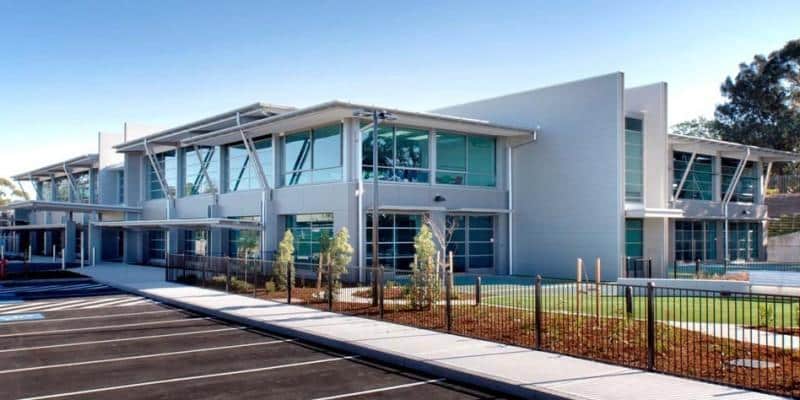
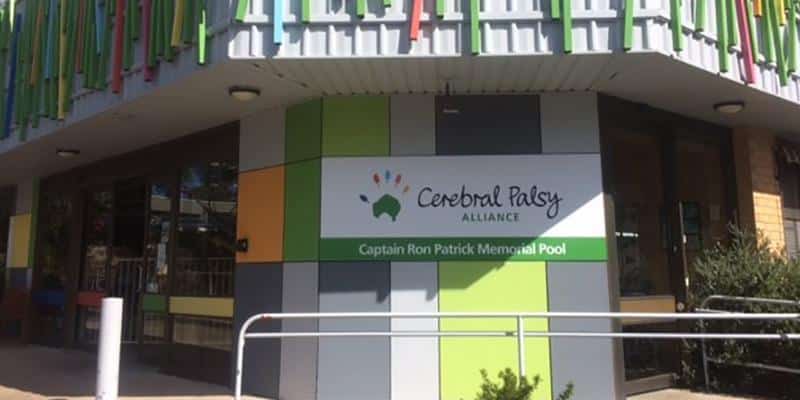
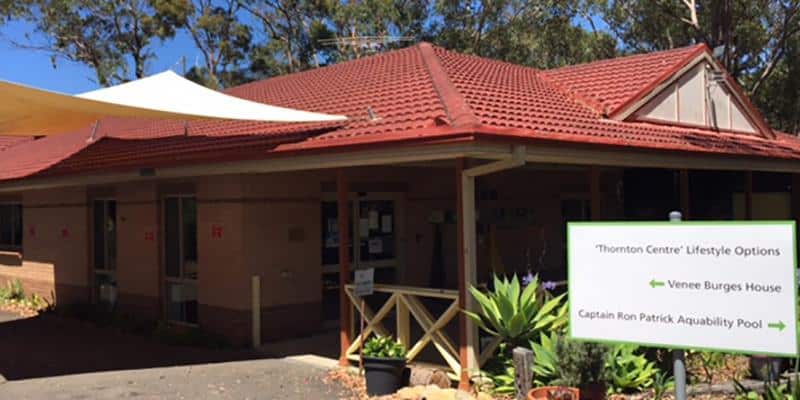
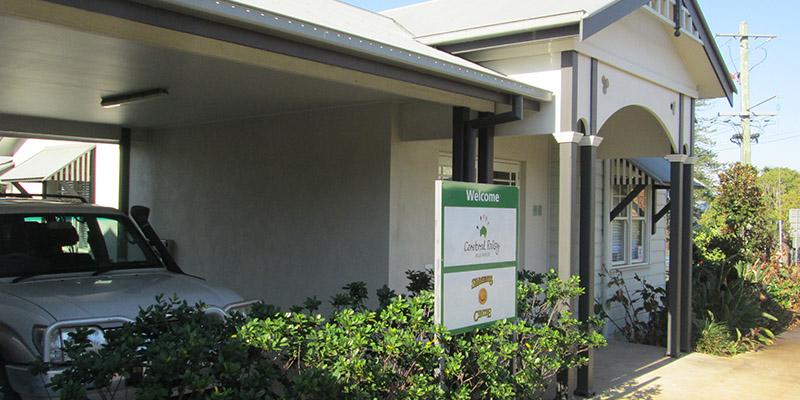
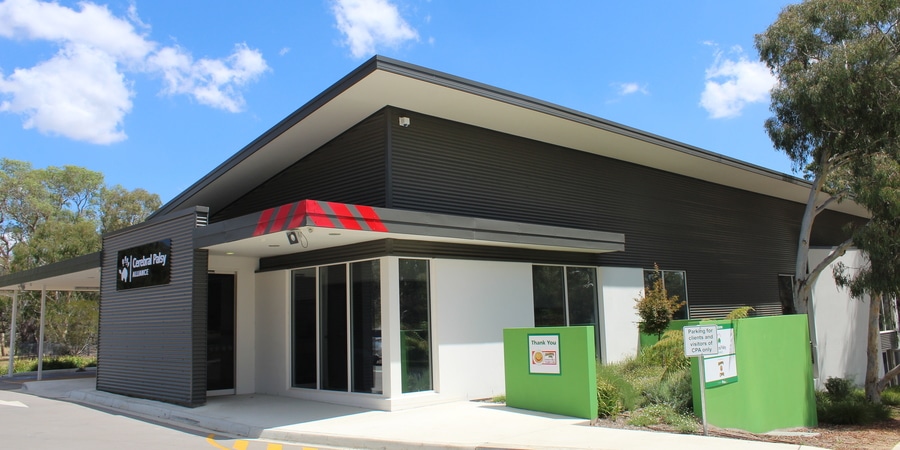
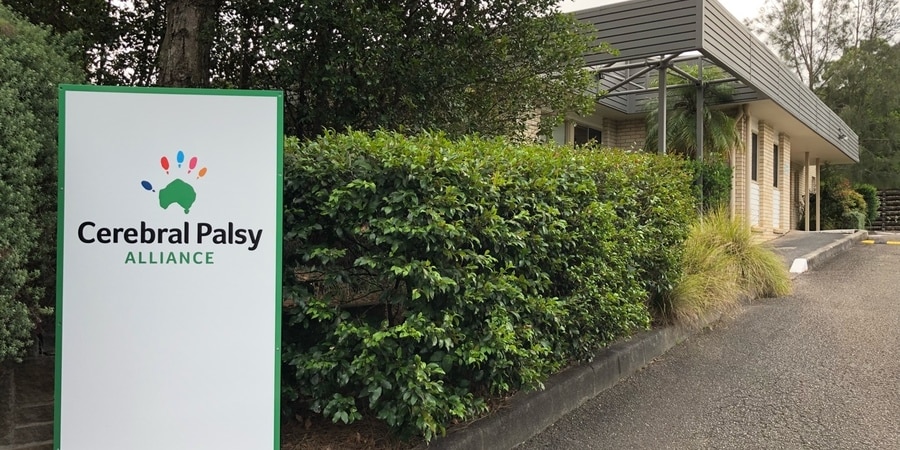
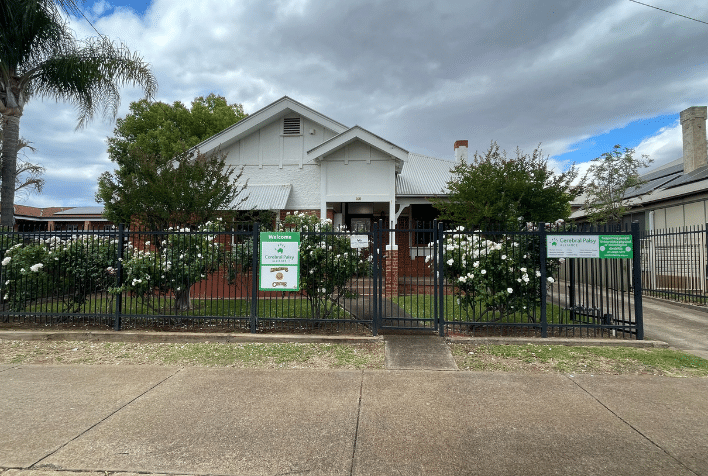
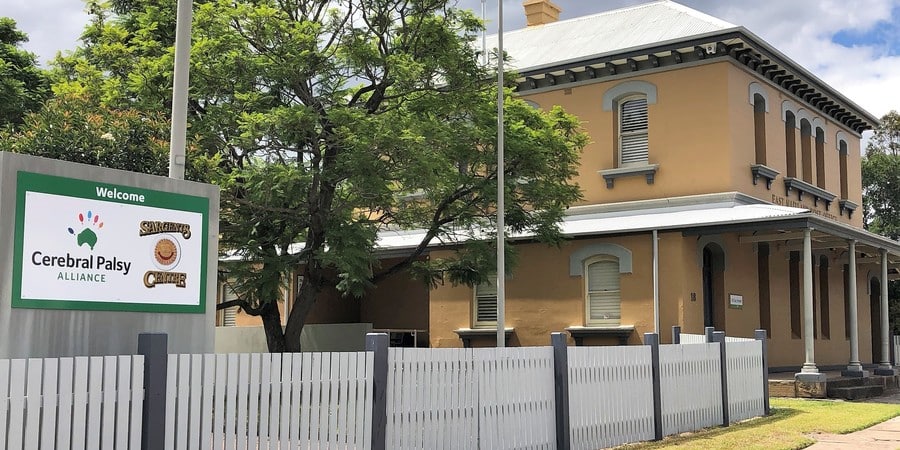
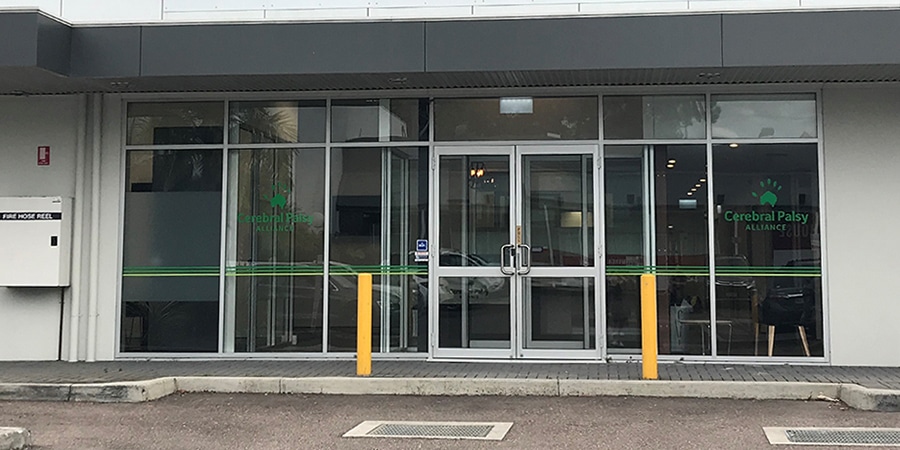
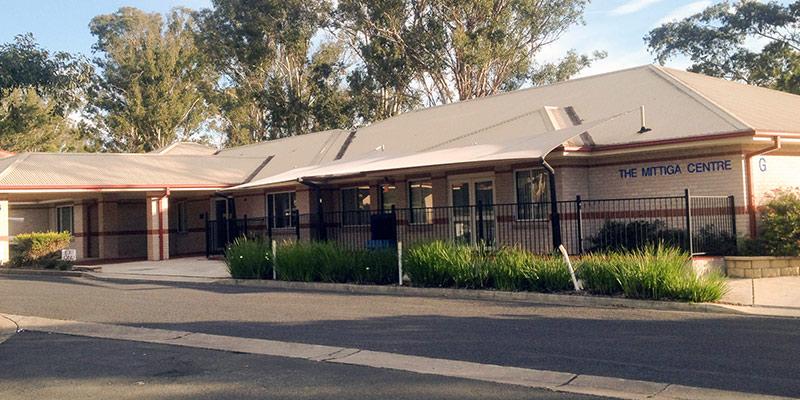
This service can be funded by your NDIS package
"*" indicates required fields
We will respond as soon as possible, between Monday-Friday 9:00am - 5:00pm
Infants 12 months or younger are eligible if they have the following:
Risk factors include (but not limited to) prematurity, birth defects, genetic conditions, intrauterine growth restriction, hypoxia-ischaemia, seizures, neonatal stroke, infection
This might include abnormal General Movements, very low scores on standardised assessment (e.g. below 10th percentile on AIMS), poor head control after 3 months, hand asymmetry after 4 months, not able to take weight through feet after 5 months, not sitting at 9 months.
Priority will be given to infants who have not previously seen a neurologist.